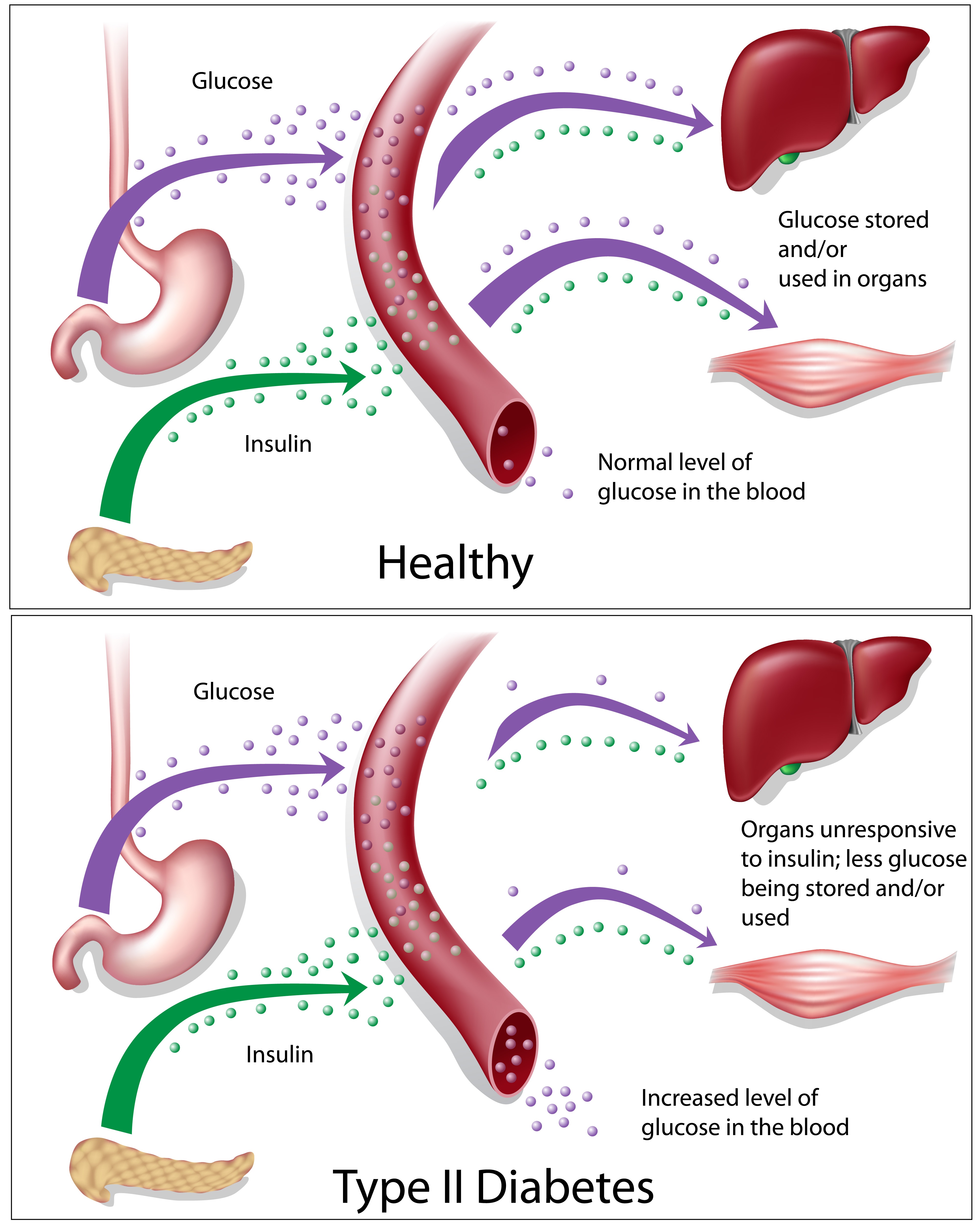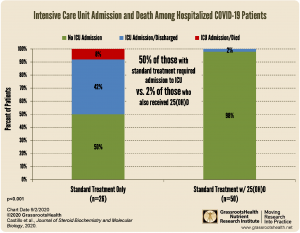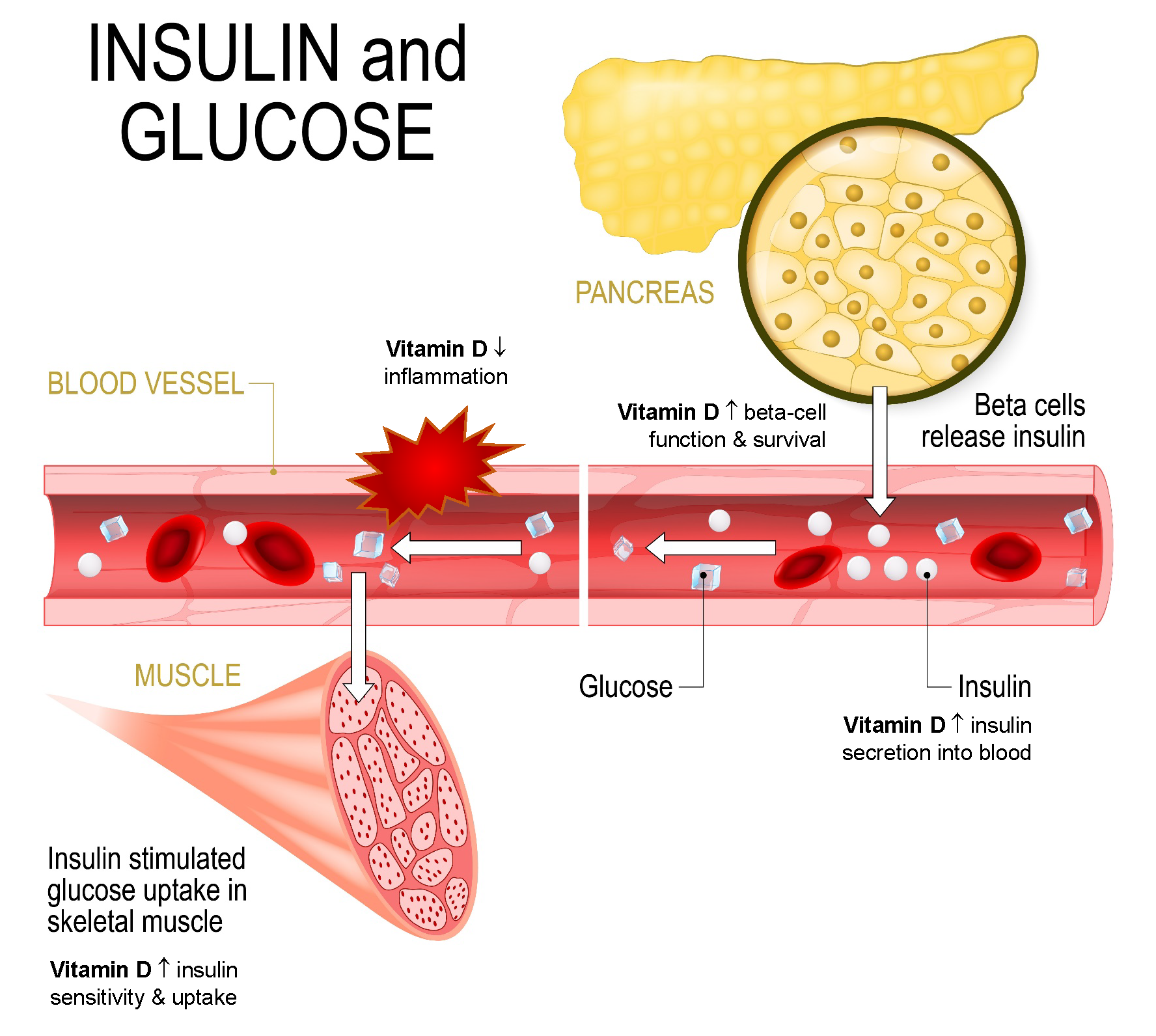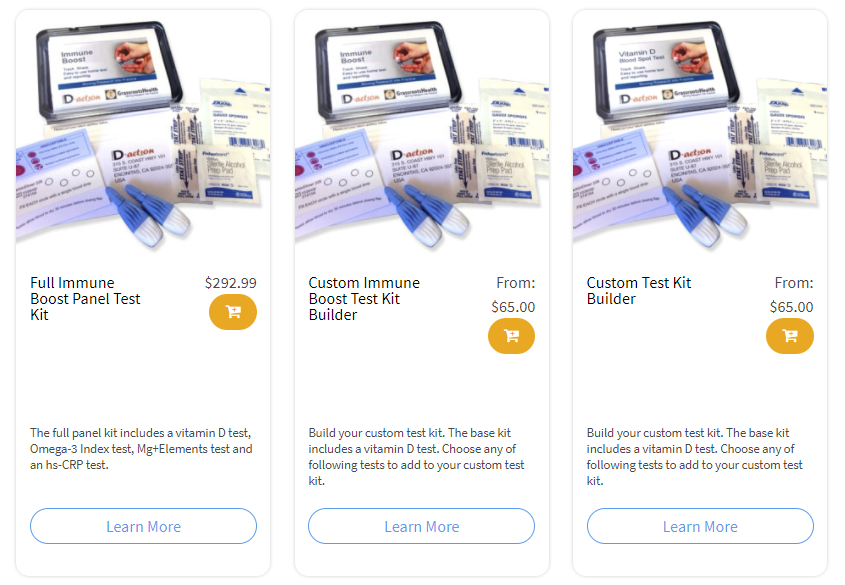Published on November 19, 2020
Why maintaining vitamin D blood levels of 40-60 ng/ml reduces your risk of diabetes
 The prevalence of type 2 diabetes has been increasing over the past decade and more than 34 million Americans are living with this disease. Worse, type 2 diabetes, formerly called “adult-onset diabetes” because it often develops in people over the age of 45 years, is being diagnosed more and more in young children and teenagers with life-long consequences.
The prevalence of type 2 diabetes has been increasing over the past decade and more than 34 million Americans are living with this disease. Worse, type 2 diabetes, formerly called “adult-onset diabetes” because it often develops in people over the age of 45 years, is being diagnosed more and more in young children and teenagers with life-long consequences.
Recently we reported that vitamin D supplementation was found to reduce insulin resistance by 15% and reduce the risk of type 2 diabetes by 40-60% with achieved vitamin D blood levels of 40-60 ng/ml (100-150 nmol/L). Further, GrassrootsHealth published an analysis in 2016 that found that the incidence of type 2 diabetes was 60% lower in the GrassrootsHealth cohort, whose average vitamin D level was 41 ng/ml (103 nmol/L), compared to the U.S. population, whose average level was 22 ng/ml (55 nmol/L), after adjusting for age, gender, race, smoking status, and BMI. Here we will describe HOW vitamin D is involved in type 2 diabetes development and progression.
What is Type 2 Diabetes?
Type 2 diabetes is the inability to control blood sugar (or glucose). Your gut breaks down food into sugar molecules that are released into the blood for use by the body as energy. In order to use the sugar for energy, the cells need to let the sugar in. Insulin, a hormone made by your pancreas, acts like a key to allow sugar access into the cells and tissues. Illustrated in the diagram below, insulin signals skeletal muscle cells to open up their channels and let sugar in, allowing the muscle to make energy.
Insulin resistance occurs when there is insulin in the blood but the cells do not respond to it, which leaves the sugar in the blood. Alternatively, though less commonly, type 2 diabetes may be caused by the body not producing enough insulin. In either case, blood sugar levels are too high, which leads to various complications. High blood sugar is damaging to the body, contributing to oxidative damage and inflammation, and can cause other serious health problems, such as heart disease, vision loss, and kidney disease.

Pre-diabetes is a condition in which blood sugar levels are higher than normal, but not high enough to be considered type 2 diabetes. It is estimated that 1 in 3 Americans have prediabetes and approximately 80% don’t even know it. It often takes several years for type 2 diabetes symptoms to develop, and because the symptoms are hard to spot, it can go on for a long time without being noticed. This means that you can have prediabetes or even type 2 diabetes and not know it. The good news is you can prevent it.
Vitamin D Influences Insulin Secretion and Response
Vitamin D, as 1,25(OH)2D, plays a regulatory role in insulin secretion as well as the function and survival of the cells that produce insulin in the pancreas (beta-cells). Vitamin D deficiency impairs insulin sensitivity (or promotes insulin resistance) because 1,25(OH)2D activates insulin receptors on cells throughout the body, which in turn affects their sensitivity to insulin. Overall, vitamin D is needed for insulin to be made and it is needed for cells to respond to insulin.
Further, vitamin D protects against type 2 diabetes by regulating inflammation. Chronic low-grade inflammation, frequently observed in obese individuals, is involved in the development of insulin resistance by interfering with normal sugar metabolism and disrupting insulin signaling. All forms of vitamin D regulate the inflammatory response and higher blood levels of vitamin D have been associated with lower levels of C reactive protein, a general marker of inflammation in the body.
Vitamin D supplementation to achieve levels in the range of 40-60 ng/ml may improve insulin sensitivity and help prevent type 2 diabetes. Incorporating the Heaney Nutrient Study Criteria for clinical trials studying nutrient effects, a large meta-analysis examined whether vitamin D supplementation may prevent diabetes in people at high risk of diabetes or who had prediabetes. They found that vitamin D supplementation reduced the risk of diabetes in a dose-dependent manner. Measures of blood sugar control (measured by hemoglobin A1c), fasting blood sugar, and insulin sensitivity (measured by HOMA-IR) were all significantly improved by vitamin D supplementation. Further, vitamin D levels above 32 ng/ml (81 nmol/L) and supplementation doses above 3,500 IU/day were found to have larger impacts.
Are You at Risk for Type 2 Diabetes?
If you have one or more risk factors or experience any symptoms of diabetes outlined in this previous blog, you may be at risk for type 2 diabetes. Measuring the percentage of hemoglobin A1c, or HbA1c, in the blood provides information about the average blood glucose levels over the prior few months. Knowing your HbA1c levels can enable you to focus your health efforts on lifestyle changes, such as diet, exercise, and increasing vitamin D levels to 40-60 ng/ml (100-150 nmol/L), which can help prevent, or even reverse, prediabetes.
Do you know YOUR vitamin D level?
Could a vitamin D deficiency be affecting your health? Find out today! Using the GrassrootsHealth Custom Kit Builder, you can create a test kit that measures your vitamin D level and other important nutrients (such as omega-3s and magnesium), as well as your CRP level. Click here to build and order your test kit today – measure your status and take the steps necessary to improve them if needed; make an impact on your health today and for your future! When you know what your levels are, you can determine next steps to take and how much supplementation may be needed if you are not at your target levels.
Concerned specifically about your immune health? Enroll now with the Full Immune Boost Panel (which includes tests for vitamin D, Omega-3 Index, magnesium, zinc, selenium, copper, and hsCRP), and get 10% off when you use coupon code BoostTen at checkout.
What Does it Take YOU to Get Your D to 40 ng/ml (100 nmol/L)?
Did you know your health could be greatly affected by making sure you have a vitamin D level of at least 40 ng/ml (100 nmol/L)? Help us help you.
STEP 1 – Do you know what your vitamin D level is? If not, be sure to test today to find out.
STEP 2 – Determine your target level. Are you at your target level? Experts recommend a level of at least 40-60 ng/ml (100-150 nmol/L).
STEP 3 – Need to boost your level? Use the D*calculator to see how much vitamin D it may take to reach your target. Opt for the Loading Dose for a quicker boost.
STEP 4 – Optimize how your body absorbs and utilizes vitamin D with co-nutrients and these simple steps.
STEP 5 – Re-Test! This is an important step to make sure you have reached your target level, and to ensure you are not taking too much! Re-testing after 3-4 months is recommended.
STEP 6 – Adjust, Repeat…
Give your immune system the nutrients it needs to support a healthy you and protect yourself from unnecessary diseases, especially COVID-19.
NEWS ALERT
 The first Randomized Controlled Trial on vitamin D and COVID-19 has shown a 96% lower risk of ICU admission for those receiving vitamin D (as 25(OH)D to quickly boost vitamin D blood levels) along with the standard treatment, compared to those receiving standard treatment alone.
The first Randomized Controlled Trial on vitamin D and COVID-19 has shown a 96% lower risk of ICU admission for those receiving vitamin D (as 25(OH)D to quickly boost vitamin D blood levels) along with the standard treatment, compared to those receiving standard treatment alone.
These results support many previous observational studies showing a relationship between vitamin D levels and intake and COVID-19 severity.
Review the Latest Nutrient Research for COVID-19
GrassrootsHealth Nutrient Research Institute has launched the new Immune Boost project with the use of our myData-myAnswers nutrient health system that nearly 15,000 people are already using for their health. Specific markers that influence immune health are suggested for testing as part of this project including:
- Vitamin D
- Omega-3 Index
- Essential elements magnesium, selenium, and zinc
- hsCRP
Our goal is to demonstrate how one can use the Nutrient Research Model established by Dr. Robert Heaney to show the effect of vitamin D serum levels of at least 40 ng/ml (100 nmol/L) on risk reduction for all ethnicities in the population. Status and intake of other nutrients will also be analyzed for any type of relationship to immune status and symptom severity. Join the project today!
Please let us know if you’re interested in helping sponsor this project.
CLICK HERE for updates and new information about the project.
Through GrassrootsHealth Nutrient Research Institute, you can also test your essential elements magnesium, copper, zinc and selenium, toxins such as lead, mercury and cadmium, as well as your omega-3 levels, inflammation levels and thyroid stimulating hormone (TSH) level. Find out your levels today! Log on to the test selection page (click the link below) to get your tests and see for yourself if your levels can be improved.
Make sure you track your results before and after, about every 6 months!
Click Here to Access the Test Page
How can I track my nutrient intake and levels over time?
To help you track your supplement use and nutrient levels, GrassrootsHealth has created the Personal Health Nutrient Decision System called
For each specific supplement, you can track what days you take it, how much, and many other details. This will help you know your true supplemental intake and what patterns of use work for you to reach and maintain optimum nutrient levels. Check it out today!










